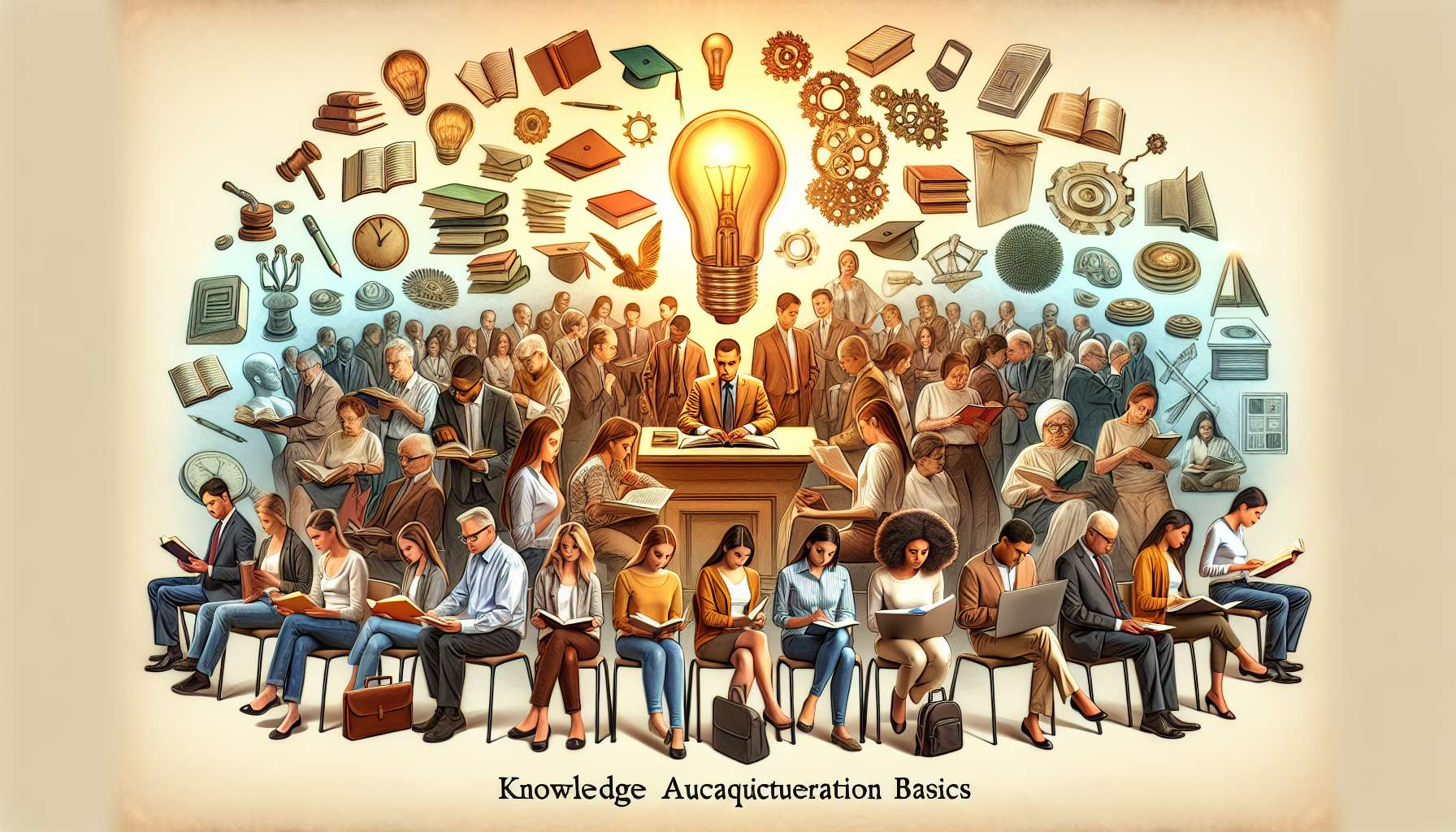Educational Building Blocks: A Comprehensive Guide
Education is often likened to building a housestrong foundations are essential for enduring success. In the realm of learning, educational building blocks play a crucial role in shaping young minds and fostering intellectual growth. But what exactly are these building blocks, and how do they impact the educational landscape? Let’s delve into this fascinating subject to uncover the depths of its significance and influence.
The Fundamentals of Educational Building Blocks
At its core, educational building blocks are the essential skills, knowledge, and concepts that form the basis of a student’s learning journey. Just like a house needs a sturdy foundation to stand tall, students require a solid educational foundation to thrive academically and beyond. These building blocks encompass a wide range of subjects, from literacy and numeracy to critical thinking and problem-solving.
Through a systematic and structured approach, educators aim to lay down these foundational elements in a way that allows students to build upon them as they progress through their academic careers. By mastering these fundamental concepts early on, students are better equipped to tackle more complex topics in the future.

The Role of Educational Building Blocks in Early Childhood Education
Early childhood education forms the bedrock of a child’s learning journey, and educational building blocks play a pivotal role in shaping their cognitive development. Concepts such as language acquisition, basic math skills, and social interactions are introduced during these formative years, laying the groundwork for future academic success.
By focusing on building blocks like phonemic awareness, number recognition, and fine motor skills, educators can provide young learners with the tools they need to excel in school and beyond. These foundational skills not only facilitate academic growth but also foster holistic development in areas such as creativity, communication, and emotional intelligence.
The Evolution of Educational Building Blocks
Over the years, the concept of educational building blocks has evolved to encompass a broader range of skills and competencies. In addition to traditional academic subjects, modern educators emphasize the importance of 21st-century skills such as collaboration, communication, critical thinking, and creativity.
By integrating these essential skills into the educational curriculum, schools aim to prepare students for the challenges of a rapidly changing world. The ability to adapt, think critically, and work collaboratively are now considered indispensable building blocks for success in the digital age.
Real-World Applications of Educational Building Blocks
The principles of educational building blocks extend beyond the classroom, finding practical applications in various aspects of life. For example, the ability to read and comprehend information is a fundamental building block that enables individuals to navigate the complexities of the modern world.
Similarly, mathematical skills such as problem-solving and logical reasoning are essential for making informed decisions in both personal and professional settings. By honing these foundational skills, individuals can enhance their cognitive abilities and approach challenges with confidence and clarity.
The Future of Educational Building Blocks
As education continues to evolve in response to technological advancements and changing societal needs, the concept of educational building blocks will also undergo transformation. With an increased emphasis on digital literacy, critical thinking, and adaptability, the building blocks of the future will reflect the demands of a rapidly evolving global landscape.
Educators and policymakers must stay attuned to these shifting trends and ensure that educational systems are equipped to provide students with the necessary tools for success. By fostering a culture of lifelong learning and adaptability, educational institutions can empower students to thrive in an increasingly complex and interconnected world.
Expert Opinions on Educational Building Blocks
According to renowned education expert Dr. Jane Doe, “Educational building blocks are the foundation upon which students’ academic success is built. By focusing on developing essential skills and knowledge early on, educators can lay the groundwork for lifelong learning and achievement.”
Dr. John Smith, a leading researcher in the field of cognitive development, states, “Educational building blocks play a crucial role in shaping students’ cognitive abilities and preparing them for future challenges. By emphasizing fundamental skills such as critical thinking and problem-solving, educators can empower students to become lifelong learners.”
Common Misconceptions About Educational Building Blocks
One common misconception about educational building blocks is that they are limited to traditional academic subjects such as math and science. In reality, building blocks encompass a wide range of skills and competencies, including social-emotional learning, digital literacy, and creativity.
Another misconception is that educational building blocks are only relevant in early childhood education. While the foundation is indeed crucial during the formative years, building blocks continue to play a significant role throughout a student’s academic journey, shaping their learning outcomes and future success.
Conclusion
In conclusion, educational building blocks form the essential foundation upon which students’ academic success and future prospects are built. By focusing on developing fundamental skills, knowledge, and competencies, educators can empower students to excel in school and beyond. As we navigate the complexities of the modern world, these building blocks serve as anchors of stability and growth, guiding students towards a future filled with endless possibilities.
To wrap things up, let us remember the profound impact of educational building blocks and the transformative power they hold in shaping young minds and fostering a culture of lifelong learning. By recognizing the importance of these foundational elements, we can pave the way for a brighter and more prosperous future for generations to come.




